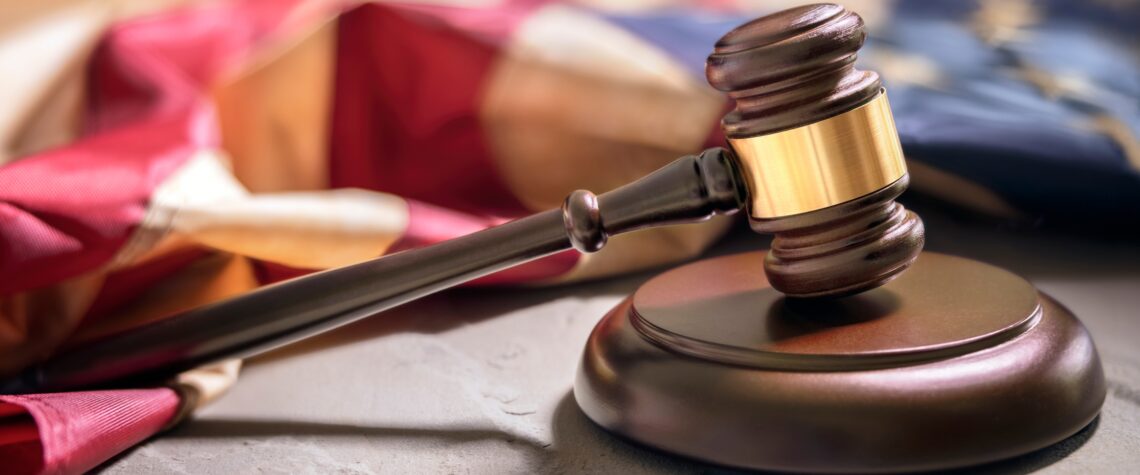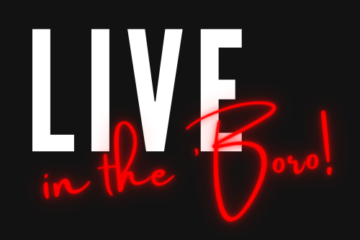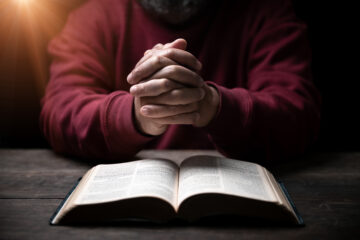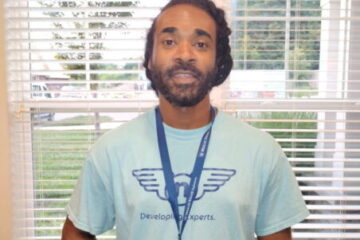Some of the most dramatic stories in human history have unfolded in the courtroom, many of them more gripping than fiction. The predictable outcomes on Perry Mason pale in comparison to what often happens in real life. But today oftentimes news headlines point to a system of justice that is undergoing attack.
Any fair judicial system cannot come to a just decision without regard to the means. In other words, it must do so using a fair procedure. This has over time come to be known as “due process.”
The cornerstone of due process in our court system is the presumption of innocence, which means that a person must be proven guilty beyond a reasonable doubt. Unless you have traveled abroad to other countries and observed their judicial systems, it is easy to take for granted this unique and vital aspect of our system of justice.
Another important component of due process in the United States, Great Britain and throughout the British Commonwealth is that the defendant must also be given timely notice of the accusations against him or her. In a criminal case, this is the function of an indictment, which must be very specific as to each element of the offense. In a civil case, it is called a “complaint”, and if the draftsman is not careful to plead the facts with sufficient specificity, the court is obligated to dismiss the lawsuit.
Next, judicial systems dating back as far as early Greece have emphasized the need for a fair and impartial trial. As the ancient proverb goes: justice is blind. It is to be meted out impartially and without regard to the identity of the person being tried. This means, at a minimum, the accused must have the right to subpoena witnesses, to cross examine his accuser, and to be judged by an impartial jury of his peers.
With all of these time-honored safeguards in place, why is our judicial system in America facing such strident criticism today? The answer may lie in the fact that we are witnessing a series of “firsts” in our judicial history. The indictment of a former U.S. president weeks following his announcement as a political candidate; the use of our branches of criminal justice on a national and local scale to investigate and prosecute claims which, in hind-sight, were based on scant, or no credible evidence; and accusations of corruption at virtually all levels of our prosecutorial system now seem to abound.
Confidence in our system of justice is a bedrock component of our democracy. Our democracy depends on fair and independent courts to protect against abuses of power, provide checks and balances, and administer justice without regard to outside pressures. When citizens sense that politicians are threatening the independence and legitimacy of the judiciary, an important pillar of government stands on the brink of collapse.
Several of my clients who are Christians have also raised concerns about their ability to get a fair and impartial trial given some recent trends in our culture. Recently, a gentleman came to my office who was arrested at a Gay Pride event in a city-owned park for merely bowing his head to pray while wearing a t-shirt that read “Jesus Changed My Life.” Two women were forbidden entrance to the same event because they sought to bring their Bibles into the park. The denial of these basic religious freedoms may seem extreme to many jurors who are people of faith; but these clients are understandably concerned that many potential jurors today may not share these views.
We are blessed in this country to have more than two hundred years of precedent upholding the due process protections engrained in our constitution. I frequently invite clients to pray before a hearing and to ask God’s protection and guidance for the judge and jury. I also remind them of Paul’s teaching in Romans 13:4 that the judge is a minister of God for good.
Larry L. Crain, www.crainlaw.legal














